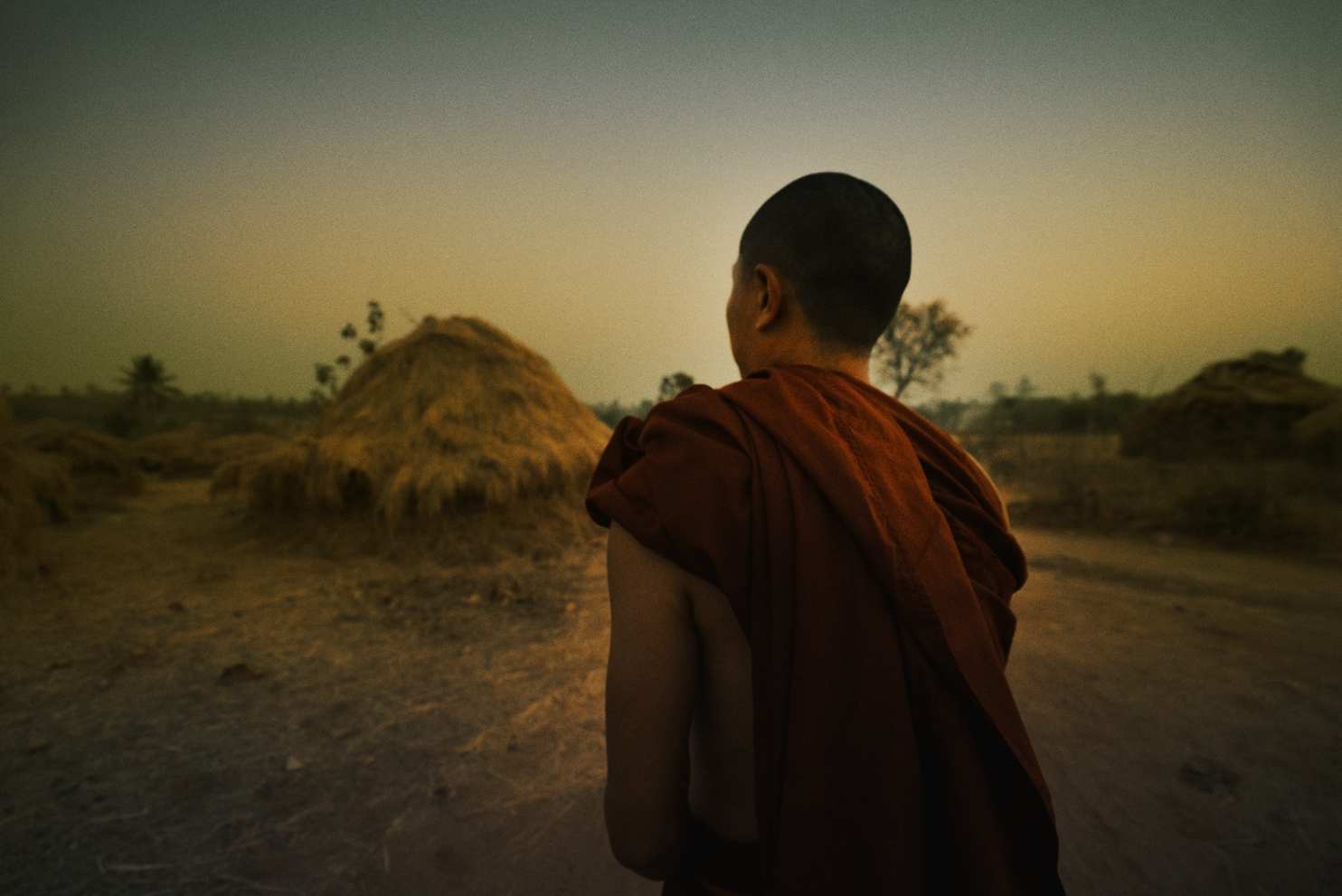
Movie/TV
14:38, 30-Apr-2019
Singapore Chinese Film Festival: An eclectic panorama of Chinese cinema
By Aliyah Sahni

Singapore played host to the seventh edition of the Singapore Chinese Film Festival (SCFF).
Spread over 11 days, the festival showcased a diverse range of the Chinese cinema.
"It is an excellent platform for us to showcase Chinese culture, language, and its diversity," says Associate Professor Foo Tee Tuan, who is the director of Centre for Chinese Studies.
Professor Foo added, that "we all have different concerns, we have different issues, and then we aim for different things in life. In a multi-lingual, multi-cultural society such as Singapore, I think that is something that we would like to highlight."
The SCFF was jointly organized by Singapore University of Social Sciences' Centre for Chinese Studies and the Singapore Film Society.
It highlighted works created by established filmmakers as well as fresh talent looking to make their mark.
"This year is one of our largest scale programmes ever. We have 60 films, which includes short films. We have documentaries which one of our permanent sections and of course the Chinese Panorama, which showcased Chinese language films", says David Lee, the vice chairman of the Singapore Film Society.

Director Oliver Chan hopes to inspire people through her debut feature film. /Courtesy of the organizer
Director Oliver Chan hopes to inspire people through her debut feature film. /Courtesy of the organizer
The SCFF opened with Hong Kong director Oliver Chan's debut feature film ‘Still Human.' The film focuses on the relationship between a domestic worker and her employer who uses a wheelchair.
Since its release last November, ‘Still Human' has been picking up accolades including Best Actor and Best Screenplay at the 25th Hong Kong Film Critic Society Awards. The film also received eight nominations at the 38th Hong Kong Film Awards.
For Oliver Chan, the journey has been nothing less than surreal.
"It has been a journey of a lot of surprises, and I feel very grateful because when I was directing the film, I never thought of prizes, awards or even box office. What I was thinking was like how can I complete the film. It was so challenging. We had so little resources."
Chan added that the recognition she has received especially from the Singapore Chinese Festival has been a boost of confidence for her.
"When I was making the film, I never thought of going outside of Hong Kong. Now every overseas festival that invites is a very interesting chance for me to know about the rest of the world."

Still from '14 Apples' /Courtesy of the organizer
Still from '14 Apples' /Courtesy of the organizer
Apart from its regular segments, the festival added two new elements this year. The first showcased non-Chinese language films made by Chinese filmmakers and the second was ‘Filmmaker in Focus.'
Professor Foo explains, that "for the past several years when we were selecting films one of the things that we found out quite interesting is that, there are actually filmmakers, well-known Chinese filmmakers are actually making non-Chinese films."
What makes this segment even more interesting is the fact that of the four films featured in the non-Chinese language section, none of them are in English but in languages like Burmese, Kazakh, Uyghur and Tibetan.
For Professor Foo, the main goal behind choosing these languages was to screen films that did not get big theatrical releases.
"As a film festival, we want to showcase diversity; we want to screen films which have not been screened, do not have the opportunity to screen in the cinemas. So, that's why we picked those films."
Professor Foo adds, that "it shows that Chinese filmmakers don't really have to stay within their comfort zone. They can actually venture out and try something different."
The four non-Chinese language films which were screened at the festival include MIdi Z's ‘14 Apples', Lina Wong's ‘A First Farewell,' Zhang Yang's ‘Soul on a String' and Zhang Yifan's ‘The Silent Herdsman.'

Still from ‘A Dog's Life' /Courtesy of the organizer
Still from ‘A Dog's Life' /Courtesy of the organizer
Talking of Midi Z's Burmese documentary, 14 Apples, David Lee adds, "cinema especially documentary I feel is a very good window to other places and worlds that we otherwise wouldn't have the privilege of being at. This film will literally open up our eyes to the society in Myanmar."
The second segment making its debut this year focused on legendary Director Chang Yi's animated feature ‘A dog's life' and some of his previous award-winning works.
Chang Yi returned to the world of cinema after his decades-long hiatus to fulfill his commitment to the late Edward Yang.
"He has taken a really long hiatus and it took him over two decades to finally come up with new film and it is a new medium for him, animation, called ‘a dog's life,' said David.
David explained Chang Yi's reasons for moving out of his comfort zone to make an animated feature.
"He (Chang Yi) is also saying that American films, the American cinema movie industry can have Pixar, (they) can have Disney, why can't we do animated film of a certain quality, of a certain technical standard that can try to match up to what they have elsewhere."
(Cover: SCFF Poster. /Courtesy of the organizer)

SITEMAP
Copyright © 2018 CGTN. Beijing ICP prepared NO.16065310-3
Copyright © 2018 CGTN. Beijing ICP prepared NO.16065310-3